The Framing of Mr Francis Buchanan of Arnprior for the Murder of Capt. Alexander Stewart, 10th of Glenbuckie
Captain Alexander Stewart, 10th of Glenbuckie, was the short-lived commander of the Stewarts of Balquhidder Company intended to serve in the Duke of Perth’s Regiment in service to Prince Charles Edward Stuart (“Bonnie Prince Charlie”) in the Jacobite Rising of 1745.
Tragically, Glenbuckie’s Company existed for only a single day before their commander, Captain Alexander Stewart of Glenbuckie, either committed suicide, or was more likely murdered in his sleep. After his death, lacking a clear leader, the company appears to have broken up within a day.
Two people were accused of his murder: James Mor MacGregor (son of Rob Roy MacGregor) and Francis Buchanan of Arnprior. Below is the story of the allegedly innocent Mr. Francis Buchanan of Arnprior’s wrongful conviction and execution as told by his chaplain, Father Robert Lyon.
Source: The Lyon in Mourning – or a Collection of Speeches, Letter, Journals, etc. Relative to the Affairs of Prince Charles Edward Stuart, by The Rev. Robert Forbes, A.M., Bishop of Ross and Caithness, 1746-1775, University Press by T. and A. Constable for the Scottish History Society, Edinburgh, 1895.
The case of Mr Francis Buchanan of Arnprior is so very singular, and attended with such odd unaccountable circumstances, that an exact narrative of it ought to be preserved, which is as follows:
Imprisoned at Stirling Castle
Whilst imprisoned in Stirling Castle, the Commanding Officer looking upon the evidence against Arnprior to be very thin, and not imagining Arnprior to be in any danger at all, allowed him the full liberty of the Castle, to walk up and down as he pleased, without keeping a strict eye over him.
When several prisoners were ordered from Stirling Castle to Carlisle, Arnprior was appointed to be one of that number.
Captain James Thomson and Lieutenant Archibald Campbell had the command of the party that guarded the prisoners in their journey. These officers knowing well the case of Mr Buchanan, and having witnessed the usage he had met with in Stirling Castle, treated him in a quite different manner from the other prisoners.
In the forenoon, as if he had been only a fellow-traveller, they would have desired him to ride forwards to bespeak dinner at a proper place, and to have it ready for them against the time they should turn up.
A Respectful Prisoner
In the afternoon they also desired him to ride on and take up night quarters and to order supper for them, and all this without any command attending him. Had he wanted to, this gave him several opportunities every day of making his escape had he thought his life was at risk in the issue of a trial, besides, the officers would not have indulged him such liberties had they imagined any danger in his case.
A Dungeon in Irons
When the prisoners arrived at Carlisle, Arnprior, much to his own surprise and that of the foresaid officers, was immediately ordered into a dungeon and clapped into irons.
Finding himself in this situation and dreading the worst from this harsh usage, he sent for Captain Thomson, who very readily came to him. After some conversation about the unexpected treatment, Captain Thomson, without loss of time, honestly represented the whole affair to the commanding officer, who said he was heartily sorry for the gentleman, but that it was not in his power to do him any service, because the Solicitor General was now in Carlisle.
A Plea For Clemency
Captain Thomson did not stop here, but like one of genorosity and compassion, went directly to the Solicitor General for him to consider and allow the gentleman a more easy and comfortable confinement.
The Solicitor General told him he knew there were more Buchanans than one among the prisoners and asked the Captain if he knew the Christian name of the Mr Buchanan he meant. The Captain didn’t know the Christian name. Upon this, the Solicitor General pulled a list of names from his pocket, and after looking it over, he asked the Captain if Mr Francis Buchanan of Arnprior was the person whose case he was representing. That is the name of the gentleman replied the Captain.
“He Must Suffer”
The Solicitor General replied by saying, “Pray, Sir, give yourself no more trouble about that gentleman. I shall take care of him. I have particular orders about him, for he must suffer.”
This unaccountable speech from such a mouth about one neither convicted or tried surprised the Captain not a little and made him walk off without insisting any more, to tell Arnprior the result of what had passed, in the softest manner he could.
This narrative was given by Lieutenant Archibald Campbell, after the execution of Arnprior, to several persons in Edinburgh and particularly to the Rev. Laurence Drummond.
The Execution of an Innocent Man
When Arnprior was brought to trial, not a single overt act was proved against him. An unsubscribed letter was produced in the court which had been intercepted in going to the Highland Army, and several persons, particularly Commissary Finlayson in Stirling, gave their affidavits that it was the handwriting of Mr Francis Buchanan of Arnprior.
Upon this, the jury without hesitation or scruple brought him in guilty.
After sentence of death was pronounced against him, so little did people imagine that he would suffer, that he was prevailed upon to send an express to London in order to give a true and exact representation of his case, not doubting this would be sufficient to obtain a reprieve from a verdict and sentence upon such light grounds, but all to no purpose.
Arnprior was destined to destruction by his enemies, and accordingly suffered death at Carlisle.
This letter was written at Penrith, by the Church of Scotland Minister after a conversation with Mr Francis Buchanan of Arnprior concerning the murder of Stewart of Glenbuckie.
On the 18th October, Mr Francis Buchanan of Arnprior, after he was taken from prison returned again and spoke to me the following words:
Dead Man Speaking
As I have obtained a few minutes longer to stay here I desire to spend them with you in prayer and conversation.
After prayers, he proceeded and said: I am much obliged to Mr Wilson (who was one of the clergymen of the Cathedral) for suggesting one thing I forgot to speak of, being conscious of my own innocence. Mr Wilson says my being slandered with the murder of Mr Stewart of Glenbuckie did me harm on my trial.
A Loyal Friend to Glenbuckie
Now I take this opportunity to declare publicly, to you and my fellow prisoners that Glenbuckie and I lived many years in close friendship together, and altho’ he was found dead in my house, yet, upon the word of a dying man, I declare, I myself had no hand in his death, nor do I know any other person that had. And I am persuaded I can likewise answer for everyone of my servants, since all of them were aquainted with and had a particular love to that gentleman. So that I declare it to be my opinion that he was the occasion of his own death.
Robert Lyon, A.M., Priest of the persecuted and afflicted, Church of Scotland.
For more information on the Stewarts of Glenbuckie, click here:


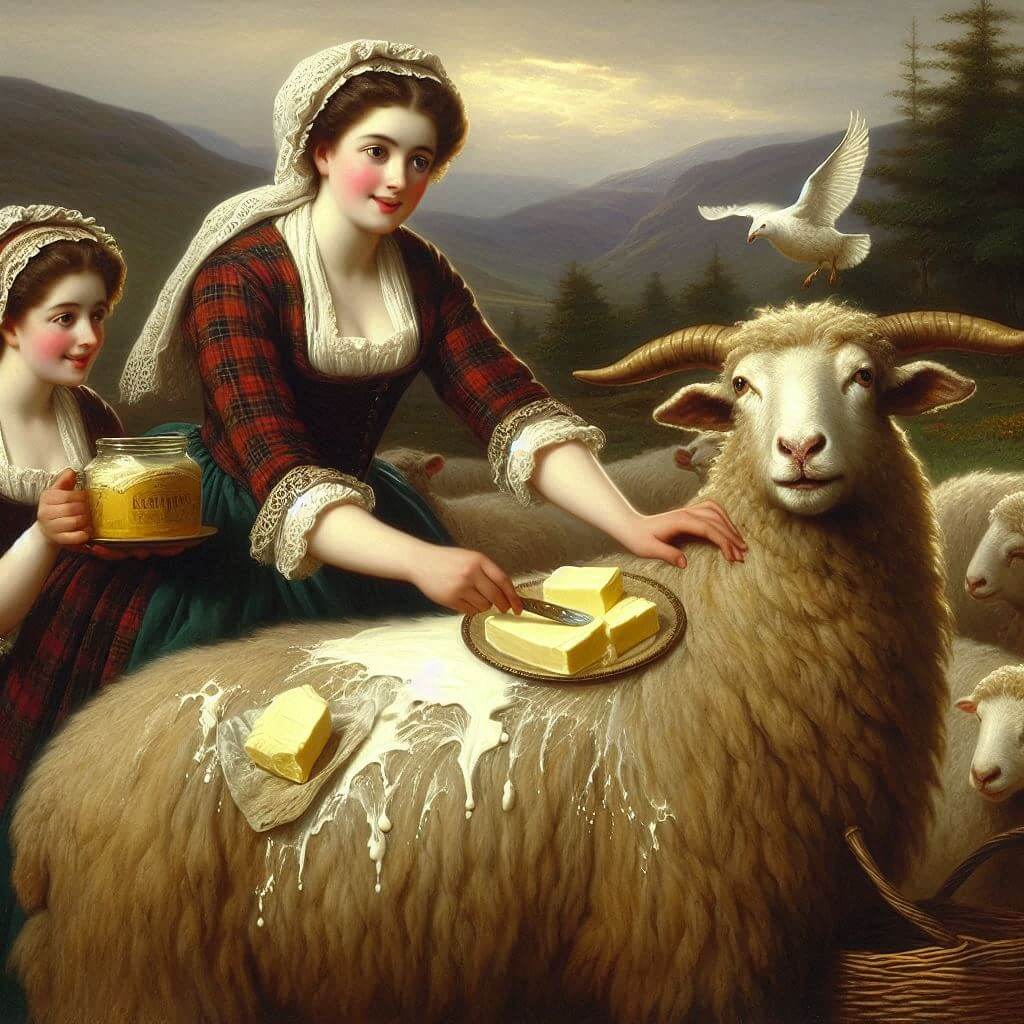

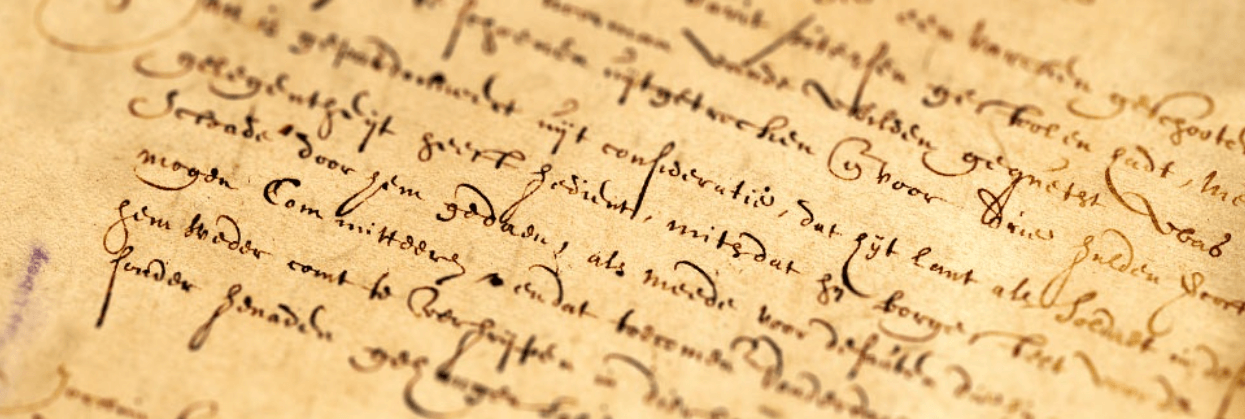
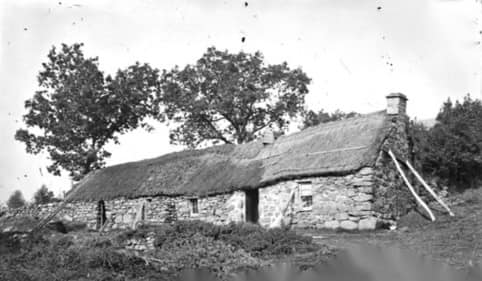
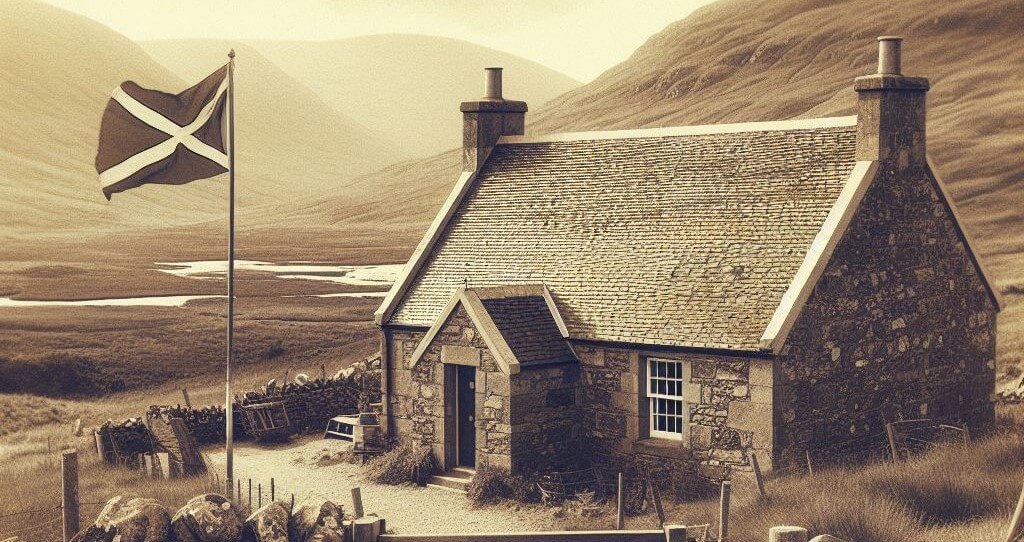
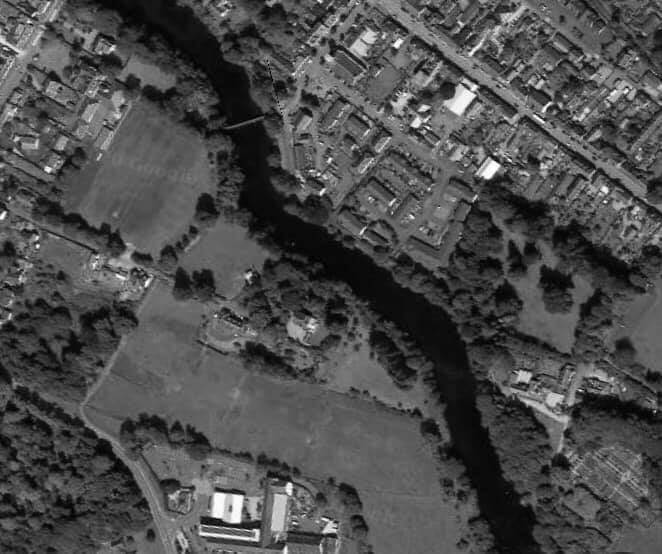
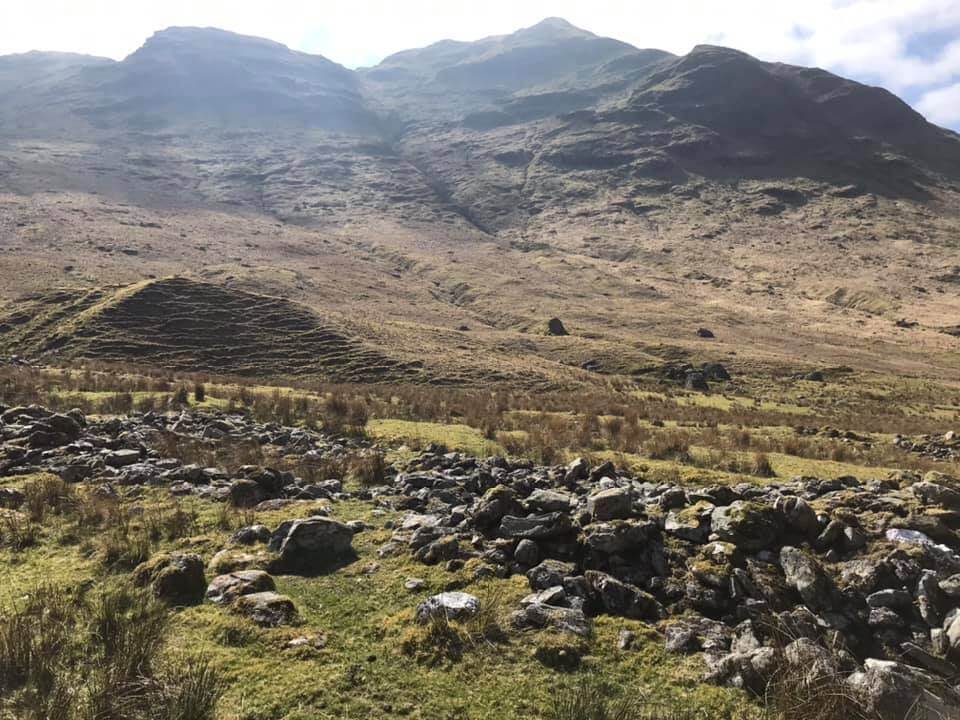
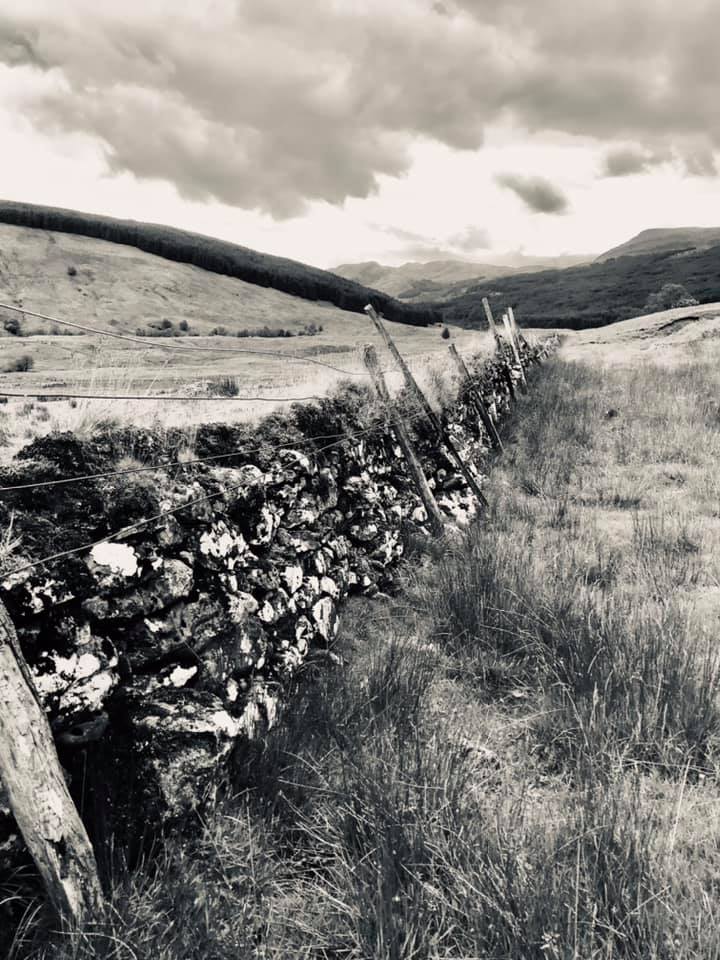
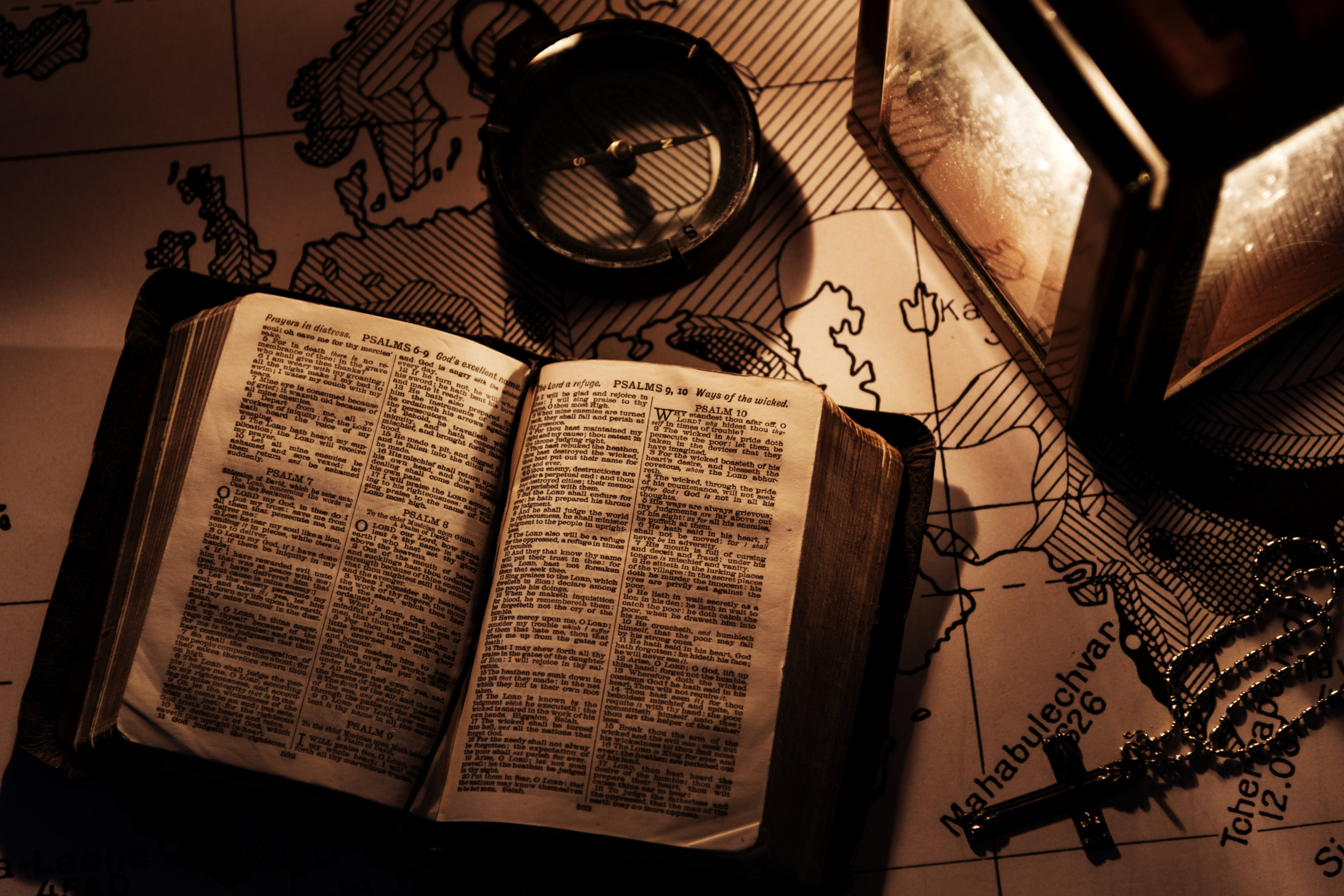
0 Comments